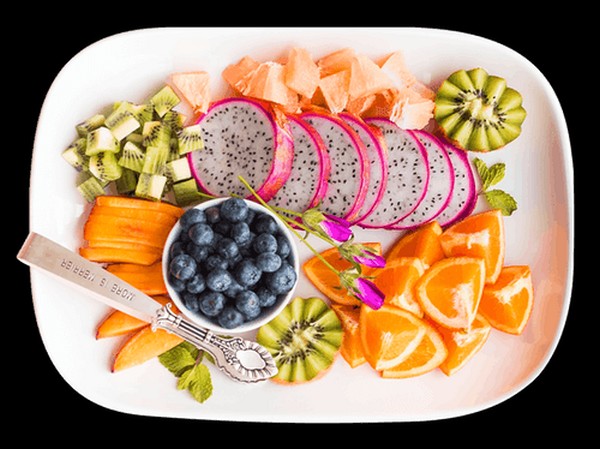Eating a nutritious meal is necessary for people of all ages. Most college students lack the drive to live a healthy life because they are overwhelmed by coursework and deadlines which take most of their time. However, eating a balanced diet is easy.

Many college students spend so much time juggling between their numerous classes and course as well as social life that they forget to prioritize their health. Most either eat junk food or whip up a quick meal without considering the nutritional benefits. College students assume that because nothing is happening at the moment that they are safe; however, lack of a nutritious diet for an extended period can cause health problems.
College can be a great place to live a healthy life due to the presence of free health centers, gyms, and dining facilities that provide a variety of meals at different times of the day.
10 Nutritious Tips You Can Adopt Right Now If You Are in College
We know college students are expected to pass their exams and have a social life at the same time and might not be able to focus on their health. That’s why we have compiled these tips to help you.
- Breakfast is Important
You have probably heard people say that this is the most important meal you can have in a day – this can’t be far from the truth. Breakfast gives you energy after an extended period without food which helps you to concentrate on your schoolwork. This is because breakfast helps to restore blood sugar levels and carbohydrates that help the brain to function. Research shows that having breakfast helps students to concentrate and enhances memory retention. Breakfast is the fuel you need to start the day. You can have eggs, cottage cheese, and whole grains. The most important thing is to have a healthy breakfast.

2. Portion Size
Too much of something can be dangerous, even if it’s a healthy meal. That’s why you need to learn about portion size. This will enable you to control the amount of food you consume in a sitting. Portion size for different people might vary based on gender and size.
3. Keep Hydrated
Carry a bottle of water with you and take small sips throughout the day to keep hydrated. Water does not only cool your body, but it also helps to lubricate joints and get rid of waste from the body.
4. Healthy Snacks
We tend to snack when we feel hungry between meals, and most of the time, we reach for sugary snacks filled with a lot of fat and commercial preservatives. The best way to keep hunger at bay is by eating healthy snacks such as nuts which are delicious and healthy. This way, we’ll have the energy to concentrate on classwork.
5. Fitness
Spend time at the gym either after classes or during your free time. If you are caught up with lessons and assignments and asking yourself, “who can write my essays?” You can find several reliable online platforms that specialize in helping students which will free some time for you.
6. Limit Your Drinking
Most college students attend parties which provide a lot of alcoholic drinks, and although most are above the legal drinking age, it is necessary to control yourself. Drink moderately to have a good time and avoid nasty hangovers.
7. Avoid Emotional Eating
Life can be hard for a college student, especially when one’s academic life is going downhill. Most people eat when they are said to comfort themselves, and beat loneliness. Eating when you are full leads to weight gain more so if you do this regularly. When you feel hungry, wait at least a few minutes to determine if you need to satisfy your hunger or your emotions. Keep yourself busy by engaging in other productive activities.
8. Schedule Meals
Eat meals regularly top avoid snacking on junk food; this will also help you to avoid skipping meals which can cause you to overeat. Plan your schedule between classes to find time to eat lunch.
9. Eat a Balanced Diet
To get essential nutrients, you need to choose your food wisely. A balanced diet will include fruits, grains, proteins, carbohydrates, and vegetables. These foods not only provide vitamins and minerals but they also help to fight diseases.
10. Limit Caffeine
Although beverages cannot beat hunger, they can contribute to weight gain which can take a toll on your health. Drinks like coffee which contains a lot of caffeine and sodas which have a lot of sugar should be limited. Caffeine increases glucose levels in the blood and can be dangerous for people who have diabetes. Drinking coffee disrupts your sleep schedule which can mess with your classes during the day because you will be tired.
Conclusion
College students focus on everything except their health. However, what most are not aware of is the fact that college presents you with an opportunity to lead a healthy lifestyle. The presence of gyms, college dispensaries where you can get free nutritional advice, and time between classes can help students stay healthy. A healthy diet is also essential for concentration and retention of information.
What are some simple healthy recipes for college students? Share your comments with us.
